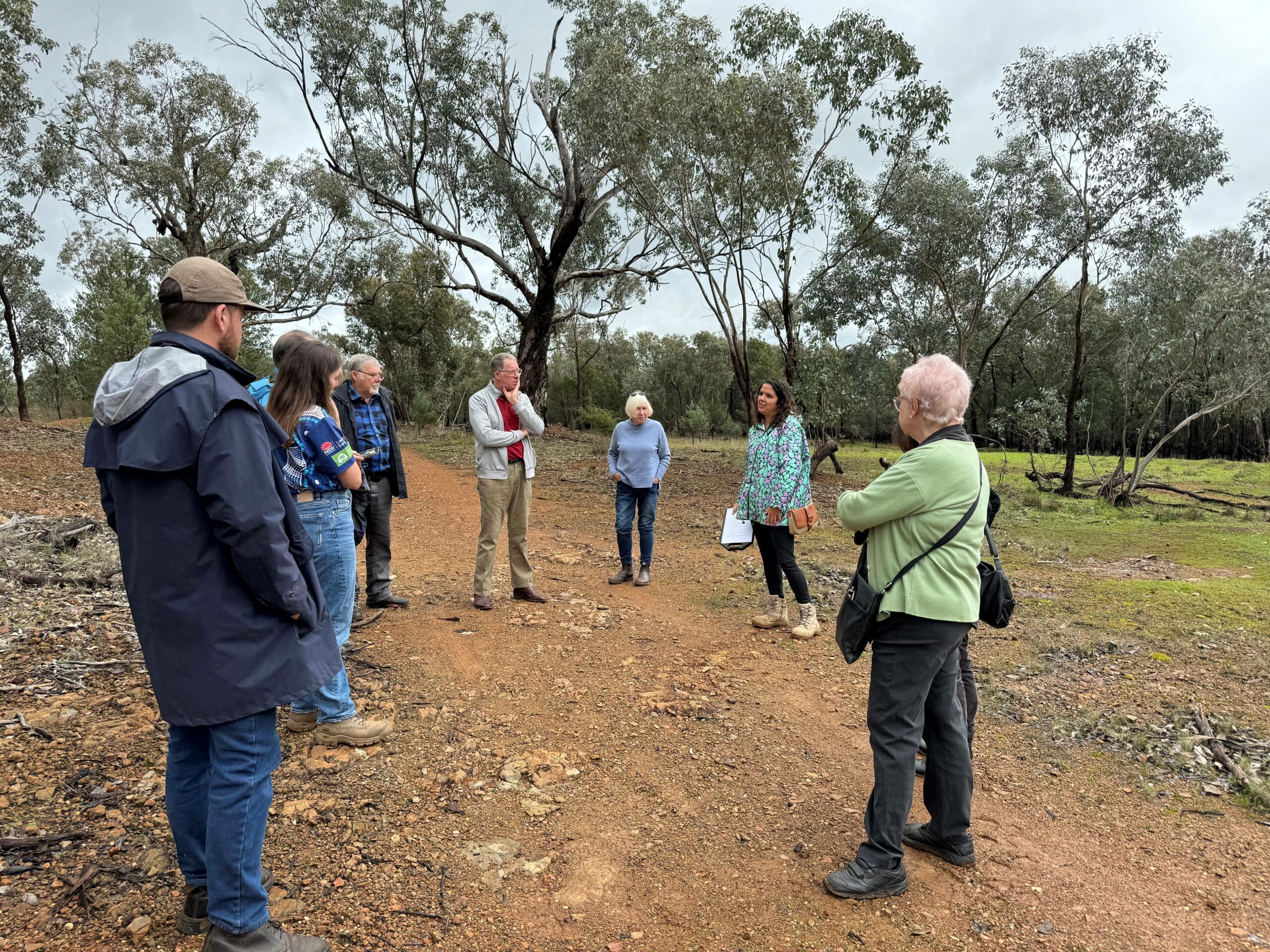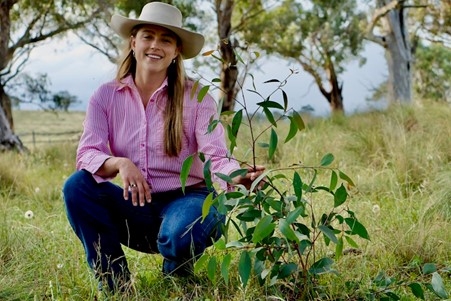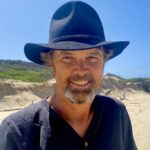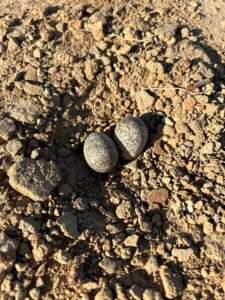Coolamon Landcare co-created an Acknowledgment of Country
Coolamon Landcare co-created an Acknowledgment of Country Reflecting their genuine connection and respect for First Nations People and culture.
Landcare groups often find themselves uncertain about how to approach an Acknowledgment of Country. Many worry that without a deep understanding of First Nations Culture, their Acknowledgment might feel tokenistic or just a formality. This was a concern for Coolamon Landcare. They didn’t want their Acknowledgment to be just a statement , they wanted it to be a genuine expression of respect and connection to both Country and the First Nations community.
To address this, we organised three workshops to guide the group through the process. The first session, which I facilitated as the Local Landcare Coordinator, focused on introducing key cultural terms and explaining the significance of an Acknowledgment of Country. We discussed what “Country” means in a First Nations context, why it’s written with a capital “C”, and how it represents more than just land, it’s part of First Nations belief systems, community, and identity.
With this foundational understanding, we moved on to the second workshop, where I worked alongside our Aboriginal Landcare Officer, Nioka Dupond. This session began with something special, a walk on Country. It wasn’t just a walk, though. It was a chance for everyone to connect with the land, with themselves, and to experience how First Nations
People live, both in the past and present. As we walked, we spoke about the traditional roles in their community, ecologists, bakers, hydrologists, and toolmakers. It was grounding and purposeful.
Once we were back indoors, Nioka led us deeper into the emotional and cultural weight behind the Acknowledgment. The group engaged in a process where they chose words that resonated with them, slowly crafting an Acknowledgment that felt personal and sincere. By the end of the session, we had the foundation of something truly meaningful.
Before finalising it, we gave the group some time to reflect. We scheduled a third workshop with Nioka and I to make final adjustments and ensure the Acknowledgment felt right to everyone.
These workshops did more than just create an Acknowledgment of Country, they transformed the way Coolamon Landcare members understood and related to First Nations culture. The process fostered a deeper connection to both Country and community, and by the end, the group had a personalised Acknowledgment they could be proud of. It wasn’t just words on a page; it was a reflection of their commitment to inclusion and respect.
Participants left feeling empowered, confident in their ability to speak from the heart when acknowledging First Nations people and traditions. That Acknowledgment will now be a part of all future gatherings, serving as a testament to their genuine dedication to cultural awareness.




